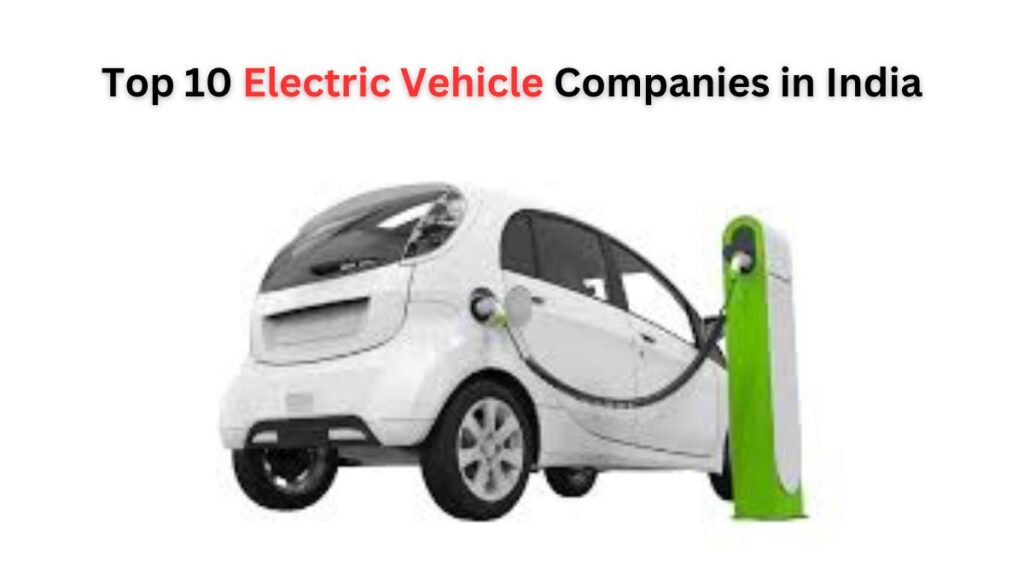Table of Contents
Introduction:
As environmental concerns escalate globally, India is witnessing a significant push towards sustainable and eco-friendly transportation solutions. The electric vehicle (EV) revolution is gaining momentum in the country, driven by the need to address severe pollution levels and reduce reliance on fossil fuels. This transformation is not just about adopting new technology but also about reshaping the future of mobility with a focus on sustainability and innovation.
This blog explores India’s top 10 electric vehicle companies that are driving this transformative shift. These companies are at the forefront of innovation, developing vehicles that meet the unique needs of the Indian market. From affordable, compact cars designed for urban environments to luxury electric SUVs offering high performance and advanced features, these manufacturers are setting the stage for a new era of mobility. By examining their contributions, this blog highlights how these companies are responding to current challenges and shaping the future of transportation in India.
List of Top 10 Electric Vehicle Companies in India:
(1) Tata Motors:

Tata Motors is a pioneer in the Indian automotive industry and has been a significant player in the electric vehicle market. With its dedicated EV division, Tata Motors is committed to making electric mobility accessible to a broader audience. The Tata Nexon EV, a compact SUV, has become popular due to its affordability and impressive range of up to 312 km on a single charge. Similarly, the Tata Tigor EV, a compact sedan, offers a range of approximately 306 km, making it a practical choice for urban commuting. Tata Motors’ focus on creating affordable yet high-performance electric vehicles tailored to the Indian market has solidified its position as a leader in the EV space.
(2) Mahindra Electric:
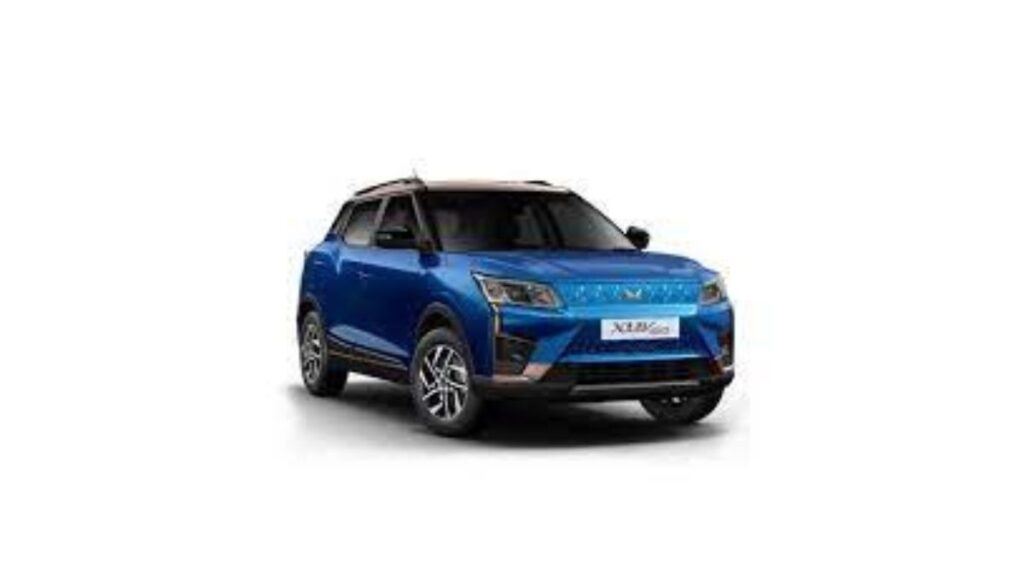
Mahindra Electric, a subsidiary of Mahindra & Mahindra, promotes electric mobility in India. The company’s flagship electric car, the Mahindra eVerito, is an electric sedan with a range of around 140 km, making it ideal for city driving and fleet operations. Additionally, the Mahindra e2o Plus, a compact hatchback, offers a range of up to 140 km and is designed for urban use. Mahindra Electric’s efforts to make EVs accessible to the masses, coupled with its focus on developing robust charging infrastructure, have been instrumental in advancing electric mobility in India.
(3) Hyundai Motor India:
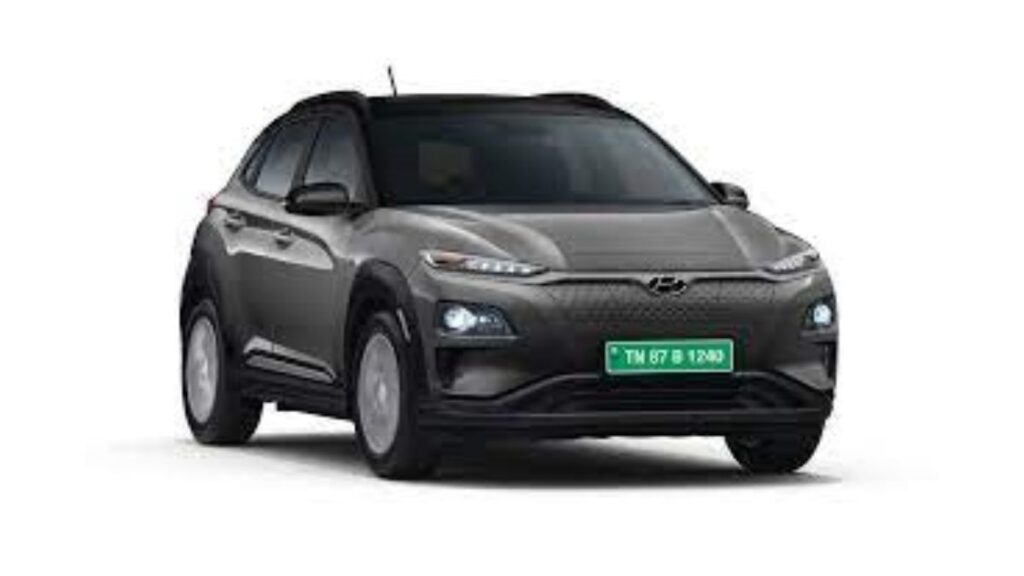
Hyundai, a global automotive giant, has made significant inroads into the Indian electric vehicle market with its advanced offerings. The Hyundai Kona Electric, an SUV, stands out with its impressive range of up to 452 km per charge and fast-charging capabilities. This vehicle combines performance and innovation, featuring advanced safety and infotainment systems. Hyundai’s commitment to quality and technology has made the Kona Electric a popular choice among Indian consumers seeking long-range electric vehicles.
(4) MG Motor India:
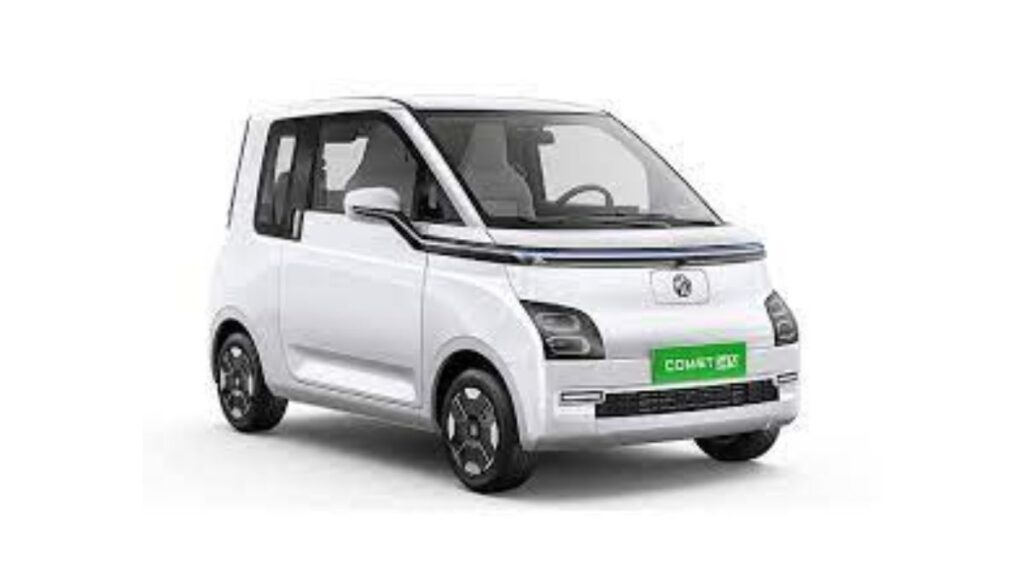
MG Motor India has quickly established itself as a key player in the electric vehicle market with its stylish and tech-savvy offerings. The MG ZS EV, an electric SUV, is known for its modern design, connected car technology, and a range of up to 419 km. This vehicle redefines the electric car experience for Indian drivers, combining style, technology, and range in one compelling package. MG Motor’s focus on innovation and customer satisfaction has made the ZS EV a strong contender in India’s growing EV market.
(5) Mercedes-Benz India:
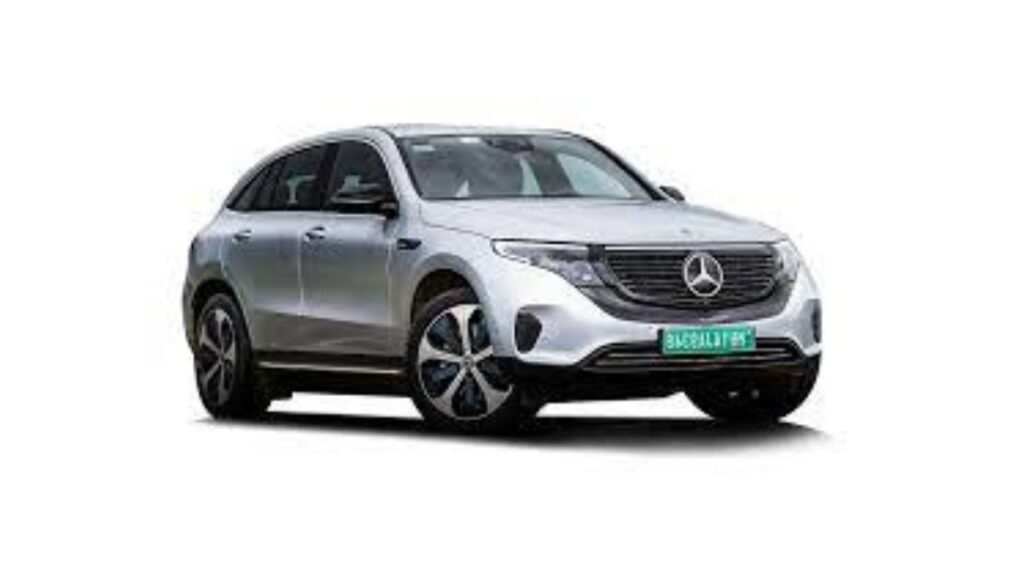
Mercedes-Benz, synonymous with luxury, brings its expertise to the electric vehicle market with a focus on performance and elegance. The Mercedes-Benz EQC, the brand’s first all-electric SUV, offers a range of about 400 km and features advanced safety and infotainment systems. The EQC is setting new standards for luxury EVs in India, appealing to consumers who seek both sustainability and opulence. Mercedes-Benz’s commitment to combining luxury with eco-friendly technology has positioned it as a leader in the premium electric vehicle segment.
(6) Audi India:
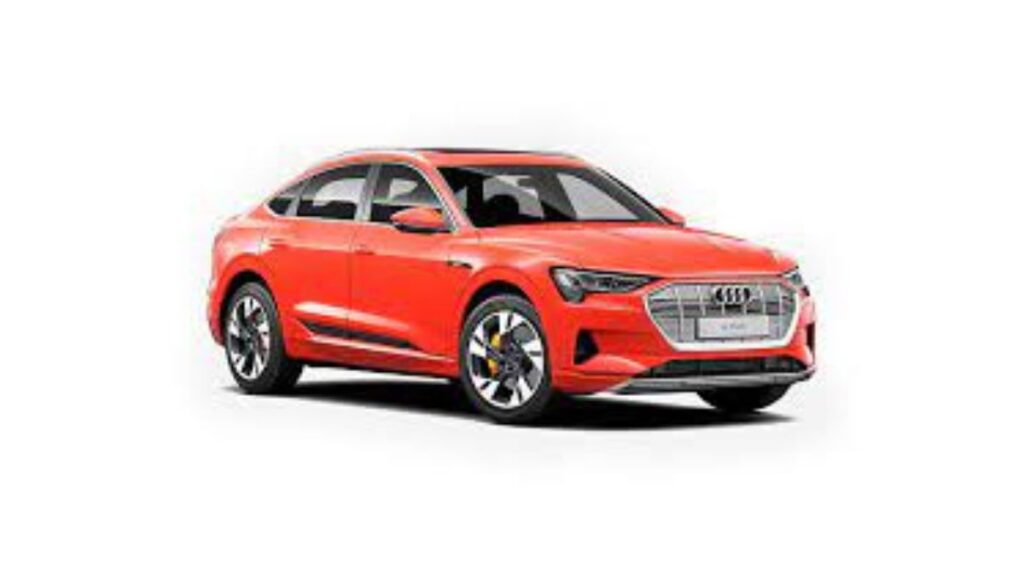
Audi India is known for its premium vehicles and has expanded its portfolio to include electric cars that offer a blend of performance and luxury. The Audi e-tron, an electric SUV, provides a range of up to 400 km and is equipped with cutting-edge technology and luxury features. This vehicle caters to the premium segment, providing a seamless transition to electric mobility without compromising on luxury. Audi’s focus on innovation and performance has made the e-tron a top choice for discerning Indian consumers.
(7) Renault India:
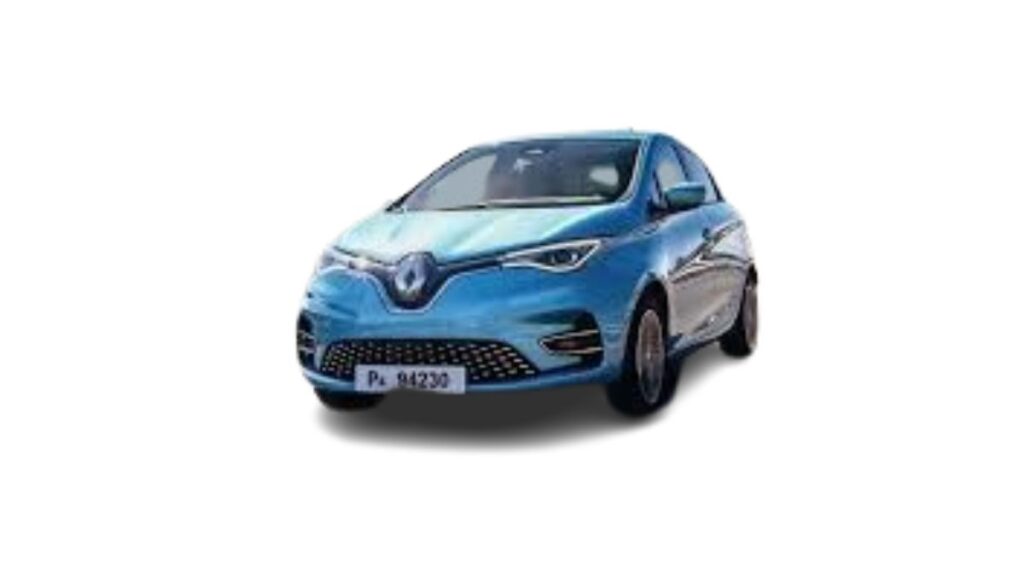
Renault India is committed to offering affordable electric vehicles that meet the needs of urban commuters. The Renault Kwid EV (also known as K-ZE), a compact and affordable electric car, is designed for city driving and offers a range of approximately 271 km. This vehicle represents Renault’s strategy to make electric mobility accessible to a broader audience in India. By focusing on affordability and practicality, Renault is helping to drive the adoption of electric vehicles in the country.
(8) Nissan India:
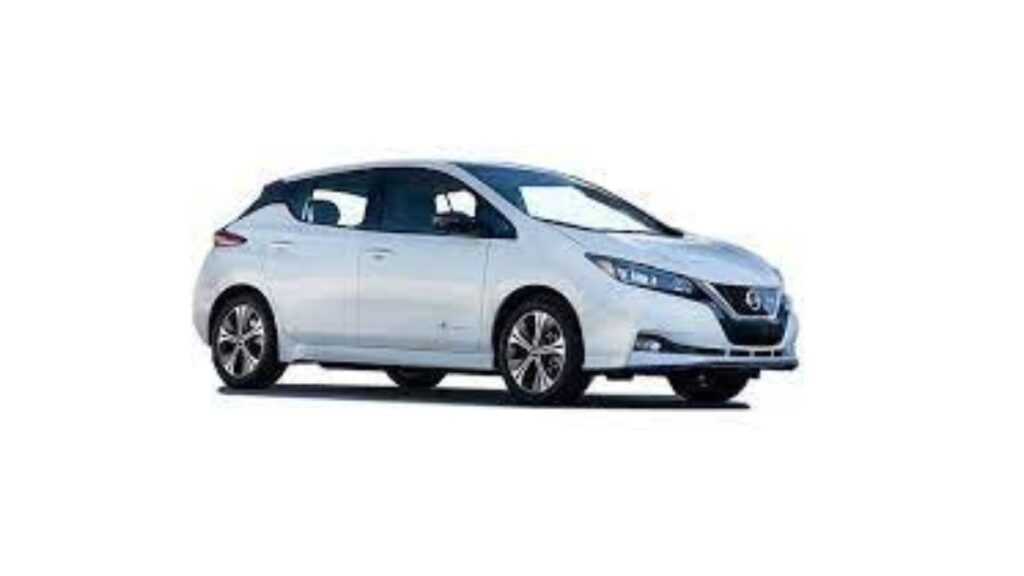
Nissan is leveraging its global expertise in EV technology to introduce electric cars that are both efficient and stylish in India. The Nissan Leaf, a globally acclaimed electric car, offers a range of up to 400 km and is known for its reliability and advanced features. The Leaf’s introduction in India highlights Nissan’s commitment to sustainable mobility and its confidence in the Indian market’s readiness for advanced electric vehicles. Nissan’s focus on quality and innovation has made the Leaf a popular choice among Indian consumers.
(9) BMW India:
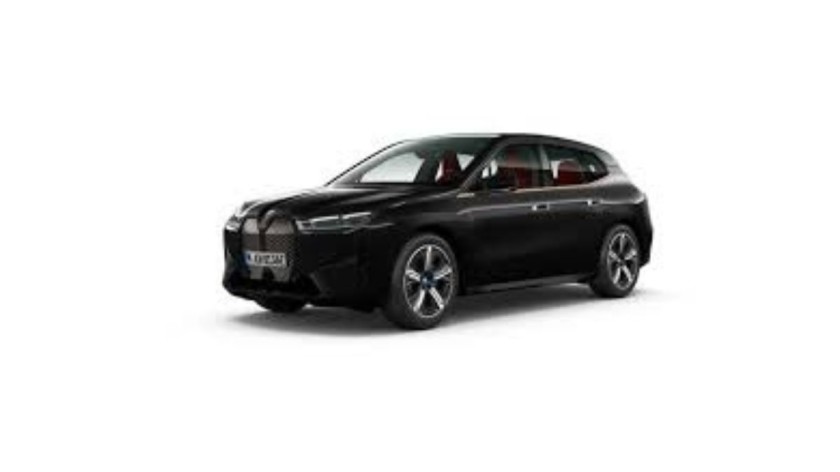
BMW India offers electric vehicles that deliver the brand’s signature driving dynamics coupled with zero-emission technology. The BMW i3s, a compact and sporty electric car, offers a range of up to 280 km and features innovative design and sustainable materials. This vehicle appeals to eco-conscious consumers who do not want to compromise on performance or style. BMW’s commitment to combining sustainability with performance has positioned it as a leader in the premium electric vehicle market.
(10) Volkswagen India:

Volkswagen India is focused on bringing its global EV expertise to the Indian market, offering practical and stylish electric cars. The Volkswagen e-Golf, a well-known hatchback that has been electrified, provides a range of about 300 km and is built with familiar Volkswagen quality. This vehicle combines practicality and sustainability, making it an attractive option for urban commuters. Volkswagen’s emphasis on quality and innovation has made the e-Golf a popular choice among Indian consumers.
Conclusion:
India’s transition to electric mobility is gaining pace, thanks to the efforts of these leading manufacturers. From affordable options like the Tata Tigor EV to luxury models like the Mercedes-Benz EQC, the Indian EV market is diverse and growing. As infrastructure improves and technology advances, electric cars are set to become a common sight on Indian roads, driving the nation towards a cleaner, greener future. Join the revolution and experience the benefits of electric mobility today!
Read more- Android OS Development History
FAQ-
What are the main reasons behind the electric vehicle (EV) revolution in India?
The primary reasons for the EV revolution in India include addressing severe air pollution in urban areas, reducing the country’s dependence on imported fossil fuels, and promoting sustainable and eco-friendly transportation solutions.
How do electric cars help in reducing pollution?
Electric cars produce zero tailpipe emissions, which significantly cut down on harmful pollutants like nitrogen oxides (NOx), particulate matter (PM), and carbon dioxide (CO2). This reduction in emissions leads to cleaner air and better public health outcomes.
Why is reducing dependence on fossil fuels important for India?
Reducing dependence on fossil fuels is crucial for enhancing India’s energy security, reducing vulnerability to global oil price fluctuations, and lowering the economic burden of importing oil. Using domestically produced electricity, especially from renewable sources, also supports sustainable energy practices.
What are some of the innovations driving the electric vehicle market in India?
Innovations in the EV market include advancements in battery technology, longer vehicle ranges, shorter charging times, regenerative braking, advanced driver-assistance systems (ADAS), and connected car technologies. These advancements improve efficiency, safety, and the overall driving experience.
How is the Indian government supporting the adoption of electric vehicles?
The Indian government supports EV adoption through initiatives like the Faster Adoption and Manufacturing of Hybrid and Electric Vehicles (FAME) scheme, which provides incentives for EV buyers and subsidies for manufacturers. The government is also investing in the development of EV charging infrastructure across the country.
What are some of the leading electric car models available in India?
Leading electric car models in India include the Tata Nexon EV, Mahindra eVerito, Hyundai Kona Electric, MG ZS EV, Mercedes-Benz EQC, Audi e-Tron, Renault Kwid EV, Nissan Leaf, BMW i3s, and Volkswagen e-Golf.
What are the benefits of owning an electric car in India?
The benefits of owning an electric car in India include lower operating costs, reduced environmental impact, eligibility for government incentives, and access to growing EV charging infrastructure. Electric cars also offer a smoother and quieter driving experience compared to traditional vehicles.
Are electric cars suitable for long-distance travel in India?
While early electric car models had limited range, newer models offer significantly longer ranges (up to 450 km or more on a single charge). The expanding network of fast-charging stations also makes long-distance travel more feasible for electric car owners.
How does the cost of owning an electric car compare to traditional vehicles in India?
Although the upfront cost of electric cars can be higher than traditional vehicles, lower operating costs (fuel and maintenance) and government incentives often make them more economical in the long run. Additionally, the cost of EVs is expected to decrease as technology advances and production scales up.
What is the future outlook for electric vehicles in India?
The future outlook for electric vehicles in India is promising, with increasing consumer interest, government support, and technological advancements driving growth. As infrastructure improves and more affordable models become available, electric cars are set to become a common sight on Indian roads, contributing to a cleaner, greener future.
How are automakers in India addressing the challenge of charging infrastructure?
Automakers are collaborating with the government and private sector to expand the EV charging network across India. This includes installing public charging stations in urban areas, along highways, and in residential and commercial properties. Companies are also offering home charging solutions to make EV ownership more convenient.
What are some challenges facing the electric vehicle market in India?
Challenges include the high upfront cost of electric vehicles, limited charging infrastructure, range anxiety among consumers, and the need for continued government support and incentives. Addressing these challenges requires concerted efforts from the government, industry, and other stakeholders.
Can electric vehicles be integrated into shared mobility services in India?
Yes, electric vehicles are well-suited for integration into shared mobility services due to their lower operating costs and environmental benefits. Many ride-sharing and ride-hailing companies are already incorporating electric cars into their fleets, providing cost-effective and eco-friendly transportation options for urban commuters.
How are electric vehicle manufacturers ensuring the sustainability of their products?
Manufacturers are focusing on the entire lifecycle of electric vehicles, from sustainable sourcing of raw materials to recycling and repurposing used batteries. Advances in battery technology also aim to reduce the environmental impact and improve the efficiency of EV production and operation.
What role do renewable energy sources play in the electric vehicle ecosystem in India?
Renewable energy sources like solar and wind power play a crucial role in the EV ecosystem by providing clean electricity for charging electric vehicles. Integrating renewable energy with the EV charging infrastructure helps maximize the environmental benefits of electric mobility and supports India’s transition to a sustainable energy future.

